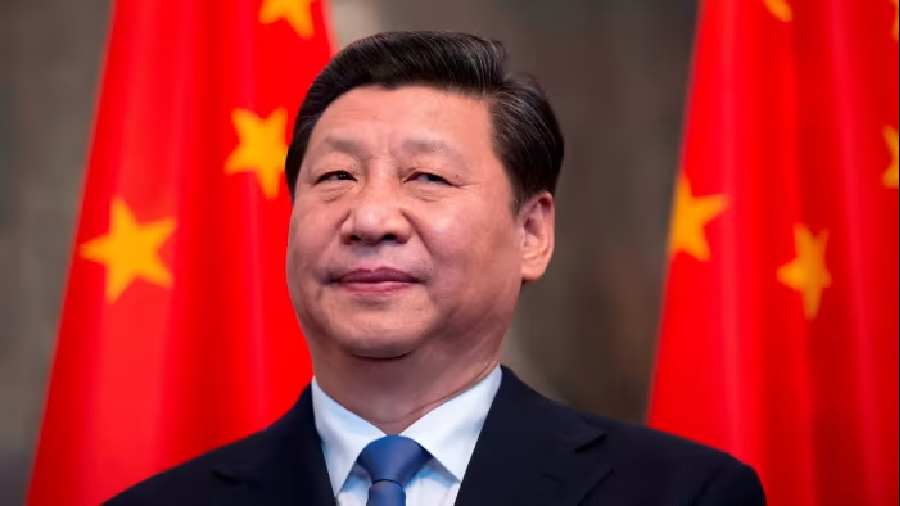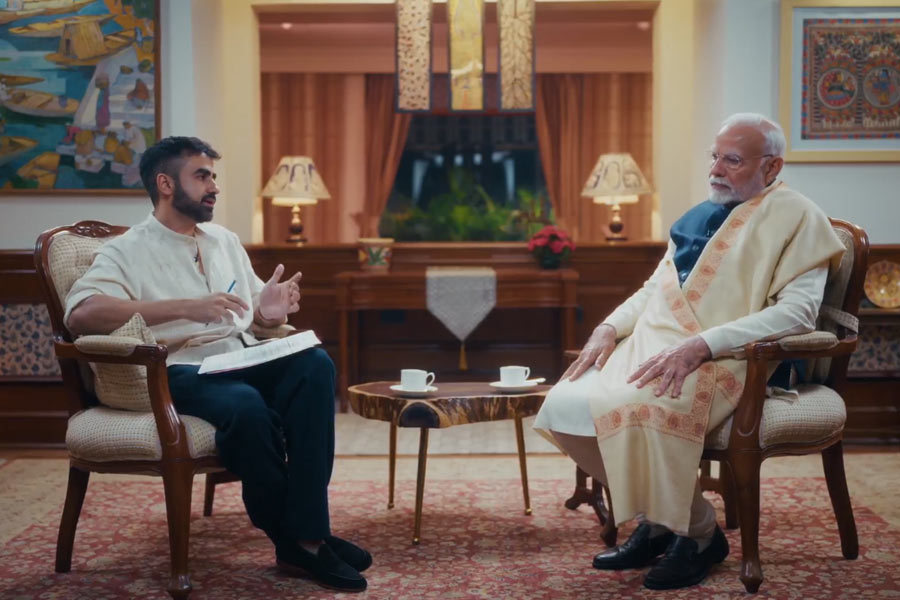Few regions are geopolitically as explosive as the Middle East. Last week’s agreement between Iran and Saudi Arabia, under which they agreed to re-establish embassies in each other’s capitals and renew a security cooperation pact, marks a major win for diplomacy. Yet as significant as the deal itself is the identity of the actor that facilitated it: China. That the deal was announced on the day President Xi Jinping was formally chosen as China’s head of state for a third term is a geopolitical statement in itself, signalling that Mr Xi’s position is growing from strength to strength not only domestically but also internationally. After all, for years, Beijing’s global rise has drawn a caveat from observers who have questioned the Chinese communist party’s willingness to get its hands dirty in trying to resolve knotty international disputes as all great powers have done through history. And, indeed, the country’s leaders have for long been happy to sit back and watch their rival, the United States of America, mire itself in multiple costly crises around the world. Meanwhile, China has largely focused its power projection on economic clout and, more recently, security deals, instead of using that heft to get diplomatic rivals talking to each other.
The Iran-Saudi Arabia deal marks a decisive break with that past track record, carrying deep implications for the Middle East, China and the world. For more than half a century, the US has been the pre-eminent broker in the Middle-East, its hand on the scales determining which of the three central poles in the region — Israel, Saudi Arabia and Iran — would be dominant relative to the others, even as its bombs, bullets and missiles wrought havoc. Yet in the region, its credibility has declined with successive imperial wars, failed diplomacy, and a seeming unwillingness to follow the principles of human rights and democracy it claims to espouse. Unlike the US, China is seen as an unbiased player in the Middle East, with Israel, Saudi Arabia and Iran all keen on strong ties with Beijing. It has now used that status to help stitch together a landmark deal. Yet it is too soon to say whether China can replicate this success in other global hotspots, or even whether the Riyadh-Tehran deal will survive pressures from the many forces that want it to fail. It is easier to win when few expect one to. The true test of Chinese diplomacy starts now.











